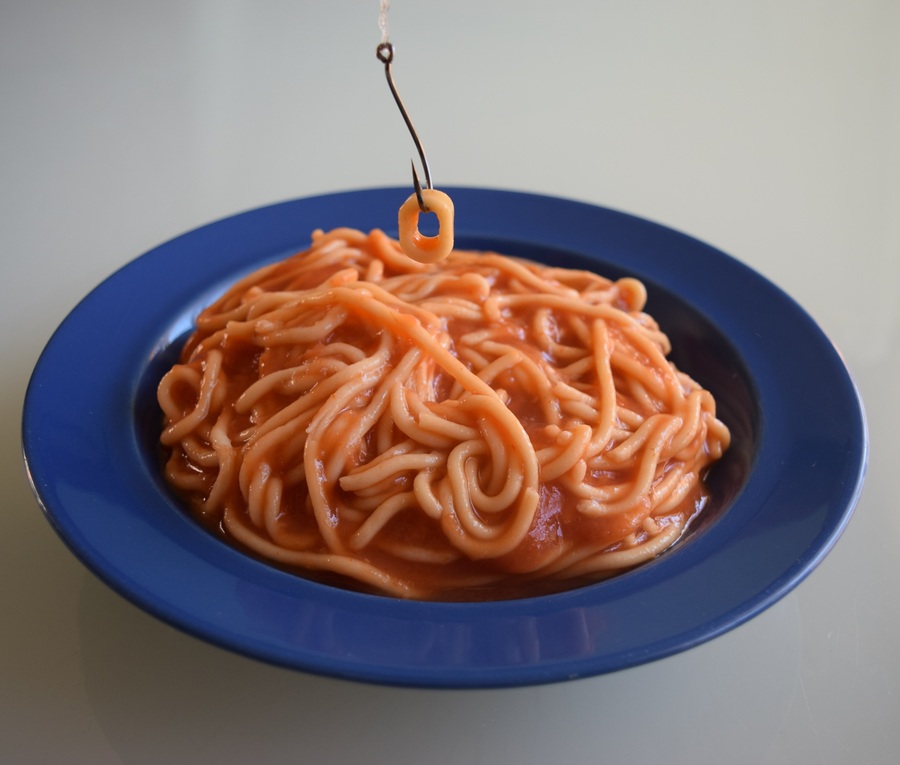A newly developed algorithm, called CycloNovo, is able to discover novel cyclopeptides without any gene information – by sequencing them de novo, or ‘from scratch’.
While small proteins (peptides) are usually arranged in strings, some are unusual in that they are circular and thus have no head or tail. These cyclopeptides are an important class of bioactive natural products that include many antibiotics and anti-tumour compounds. New methods to discover cyclopeptides are thus valuable, and could lead to new and beneficial applications.
The breakthrough in this research was that CycloNovo uniquely employs de Bruijn graphs, the workhorse of next generation DNA-sequence assembly algorithms. Cyclic peptides are notoriously difficult to find, but CycloNovo exploits something previously considered to be a weakness to cyclopeptide identification – that they break into complex fragmentation patterns. CycloNovo uses this very feature to find cyclopeptides in a remarkably efficient way.
In addition to finding many new cyclopeptides, the researchers used CycloNovo to trawl the extraordinary ‘HUMANSTOOL’ dataset, and were able to show that flax cyclopeptides from food survived the human gastrointestinal tract completely unscathed.
The study was published with help from scientists of the University or Western Australia’s School of Molecular Sciences and affiliated with the ARC Centre of Excellence in Plant Energy Biology.
Behsaz, B., Mohimani, H., Gurevich A., Prjibelski, A., Fisher, MF., Smarr, L., Correstein, PC., Mylne, JS., Pevzner, PA. (2019) De Novo Peptide Sequencing Reveals Many Cyclopeptides in the Human Gut and Other Environments CELL SYSTEMS.
Kb5iXnAHBhPEt2JZx

